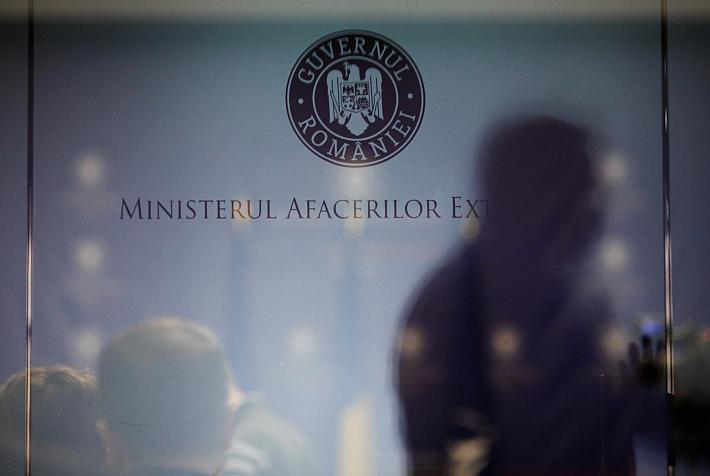Romania's High Court refers to CCR controversial draft bill on abuse of office

Romania's High Court (ICCJ) referred to the Constitutional Court (CCR) the draft bill passed by the lawmakers, which amends the Criminal Code and the Criminal Procedure Code – specifically two key provisions subject to heated debates: the threshold for the abuse of office and the use of wiretapping obtained by the intelligence services, in criminal cases, Libertatea reported.
Lawmakers are suspected of passing the key provisions in such a way that would allow CCR to send them back for revision in an attempt to buy time.
Romanian courts are increasingly finding that high-level corruption cases reached their prescription deadline before the final ruling after repeated delays caused by the procedure and constantly changing legislation.
Amending the Criminal Code and the Criminal Procedure Code are milestones under PNRR – the national implementation of the EU's Resilience Facility scheme. Failure to timely amend them would result in less financing extended under the RF.
The lawmakers approved Government's suggestion and refused to set a specific threshold for the abuse of office, as required by CCR.
Regarding the use of wiretappings, the lawmakers decided that they can be used in criminal cases (if obtained legally) – which the Constitutional Court finds not to comply with the Constitution.
iulian@romania-insider.com
(Photo source: Inquam Photos/Octav Ganea)













